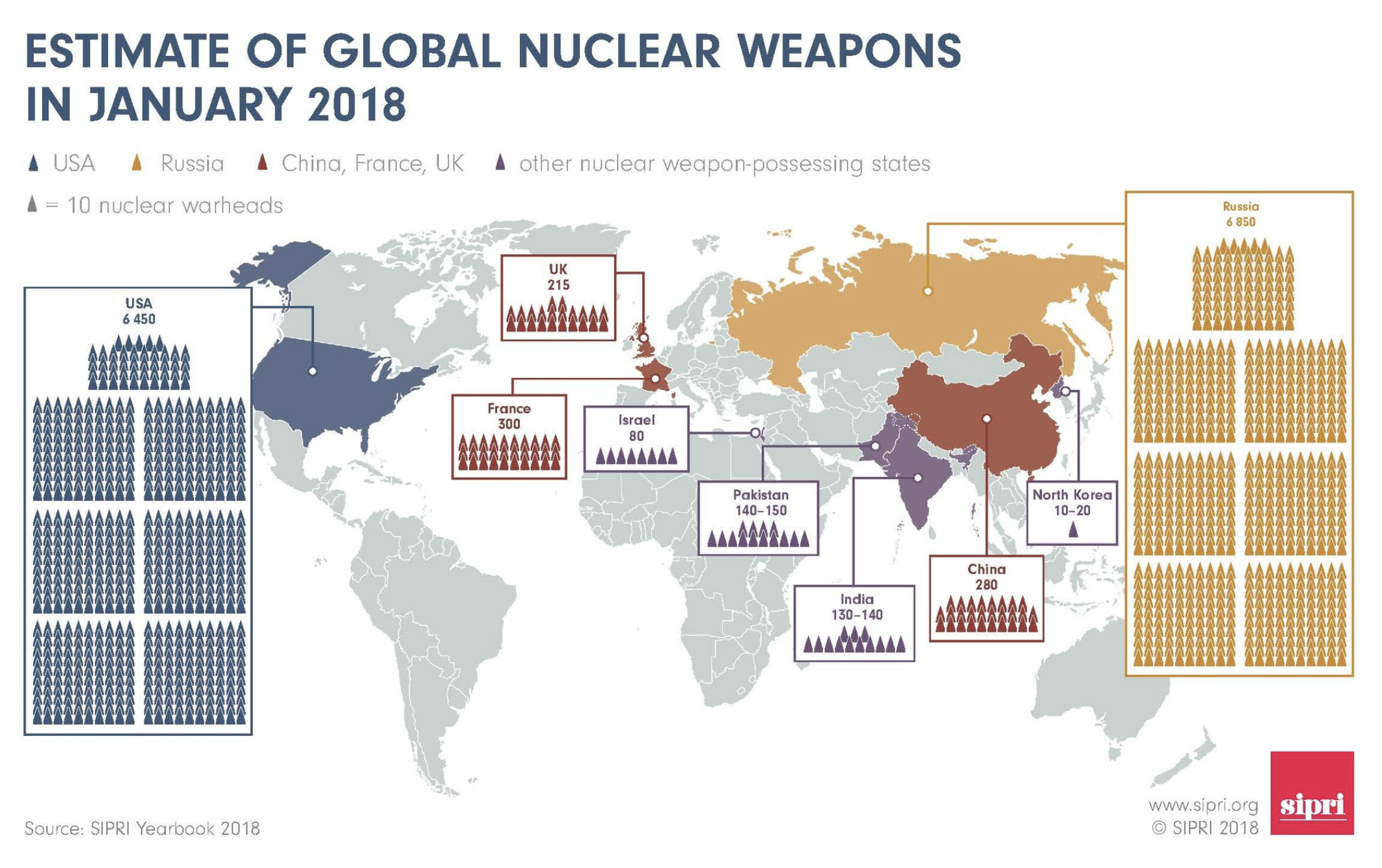

For now and into the forseeable future, electricity demand in the United States can be met by conservation, load management, and non-nuclear sources of energy, Ahearne predicts. And even if the perennial problem of waste disposal were to be resolved tomorrow, Ahearne says, it is unlikely that utility executives would be scrambling to order new plants. Despite concerns about greenhouse gasses produced from traditional fossil-fuel plants, even the Environmental Protection Agency recommends sources of energy other than nuclear, says Ahearne. But for utility executives and public officials, the question more » whether to go nuclear comes down to the question of cost. A decade ago, Ahearne suspected that recovery of the nuclear power industry would depend on increasing demand for energy, a solution to the waste management problem, an unblemished safety record, and competent management.

Ahearne, executive director of Sigma Xi, The Scientific Research Society, in Research Triangle Park, North Carolina. Despite significant improvements in operational efficiency, nuclear power plants have not proven to be cost-efficient, says John F. The Tennessee Valley Authority`s decision to end its nuclear program signaled the end of an era for the nuclear industry in the United States. This report summarizes the strategy as it now exists, but we recognize that stockpile stewardship must be a continuing process-updated as necessary to respond to national security objectives. The principles of the evolving strategy were regularly discussed during the formative stages with the primary customers and stakeholders and reviewed by the JASONs. The foundation of this Science-based Stockpile Stewardship strategy was laid at a workshop attended by DOE officials, DoD customers, stakeholders from other government agencies, nuclear weapon experts, and members of the scientific community. The more » fundamental premise of the new strategy lies in the ability to respond to problems in monitoring and maintaining the existing stockpile by preserving specialized facilities, maintaining the skill and knowledge bases, and advancing our understanding of nuclear weapon physics necessary to manage the nuclear future in an era without nuclear testing. Consequently, a new strategy was needed to meet these new mission requirements. nuclear stockpile: ''To assure that our nuclear deterrent remains unquestioned under a test ban, we will explore other means of maintaining our confidence in the safety, reliability, and performance of our weapons.'' To this end, the Department of Energy's nuclear weapon program is undergoing fundamental change-from advancing military characteristics to maintaining the reliability and safety of the existing stockpile. In announcing the extension of the moratorium on nuclear testing, President Clinton reaffirmed the importance of maintaining confidence in the enduring U.S.


 0 kommentar(er)
0 kommentar(er)
